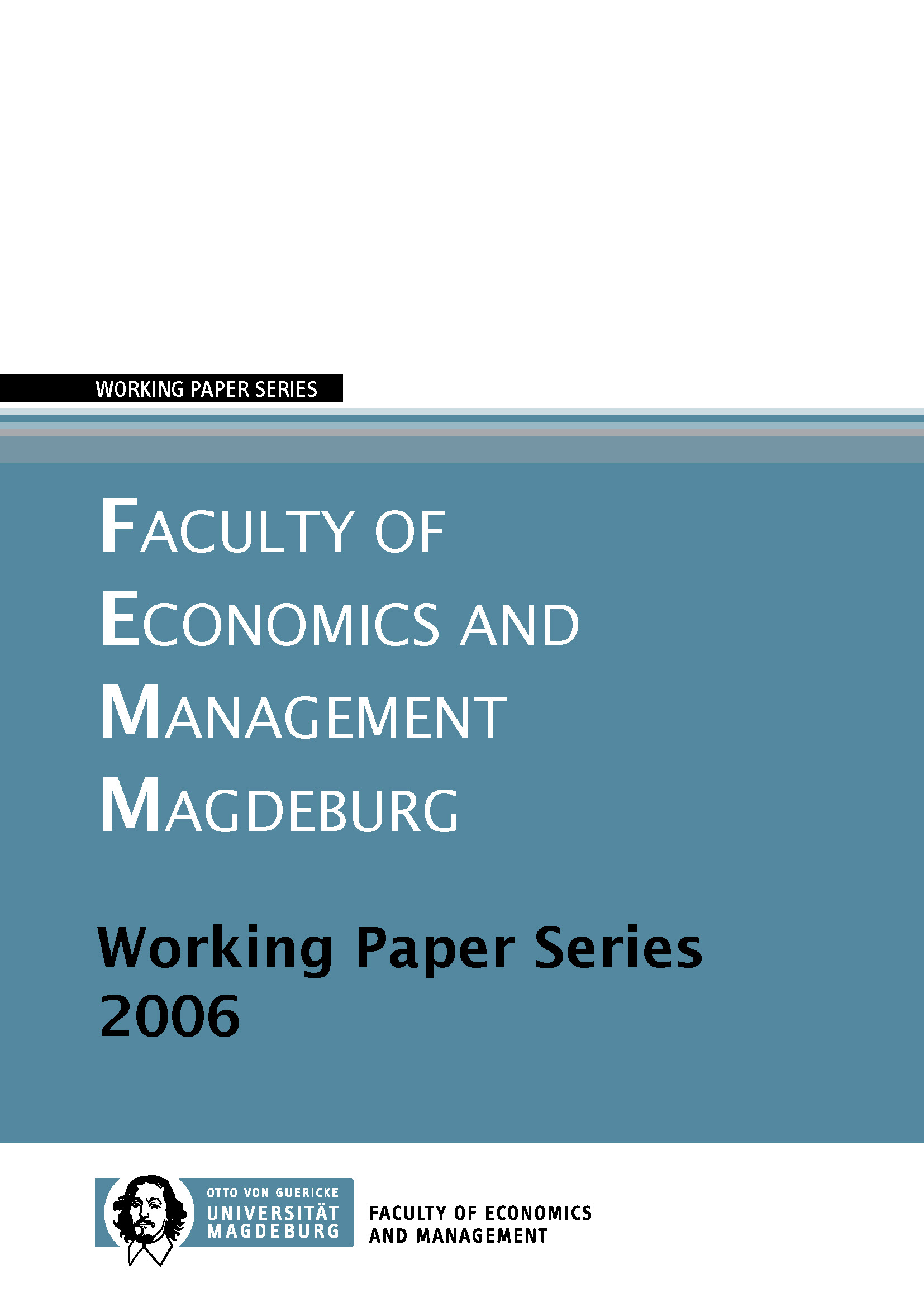Tax Competition and Partial Coordination
DOI:
https://doi.org/10.24352/UB.OVGU-2018-285Schlagworte:
Bestandsdisposition, Produktrecycling, Reverse LogisticsAbstract
To determine the welfare effects of tax coordination, it is often assumed that one tax is jointly increased and all other policy instruments are held constant. This paper, in contrast, analyses partial coordination in the sense that each country can still adjust another tax, which is not subject to coordination. In a model with capital and labor taxation, we show that the welfare effect of coordinating the capital tax only is then still non-negative. For a partial coordination of the labor tax, however, results become ambiguous and depend on the labor supply elasticity.


